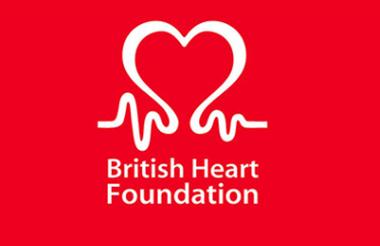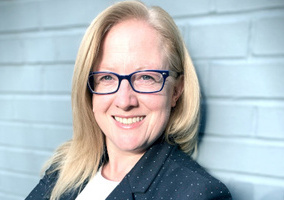Legacy income at the British Heart Foundation (BHF) reached over £100m for the first time in its history last year.
BHF’s latest annual accounts ended 31 March 2022 show that its total income increased by 56% to £351.7m, also buoyed by a bounce back in trading income, which almost tripled for the UK's largest charity retailer.
Its legacy income rose by £25m to a record £102.6m. The charity said the boost can be partly attributed to a reduction in the backlog at the probate service as well as higher property prices.
But the charity reported that its volunteer numbers declined and that it closed 38 shops.
Strong financial performances
Legacy income reached a record £102.6m in 2021-22, up 32% on the year prior. The main factors behind the increase were increasing property prices and more applications being processed at the probate service, the charity said.
BHF recovered strongly from the pandemic after being faced with “one of the most challenging periods in its history”.
Once the restrictions were lifted last year, the charity made a record £1m of sales on the first day of reopening its shops. It made £200.2m in trading income overall, compared to £71.3m the year before.
“We moved from a £40.5m loss from retail trading activities in 2020–21, to a profit of £23.9m in 2021-22,” the accounts read.
The return of fundraising events, coupled with strong performances across areas such as philanthropy and corporate partnerships, helped boost fundraising income by 5% to £46.0m.
Its financial reserves rose, with total cash, deposits and investments of £285.8m at 31 March 2022. This represents an increase of £31.2m compared with the previous year.
Net assets stood at £117.7m, compared with £49.2m last year. The accounts state that the increase “principally reflects the reduction in the grant liability, increase in cash due to income from legacies and retail, and the gain in the value of the equity portfolio”.
Fewer volunteers and shops closed
BHF said its volunteer numbers had declined during the Covid-19 crisis, with 16,500 reported in its latest accounts compared to 18,786 as of 31 March 2020.
In 2021-22, BHF closed 38 shops, including 34 standard shops and four home stores. It also said people were reluctant to return to high street stores, which had an impact on the amount of donations the charity usually receives.
Despite this, the charity's gross trading income, including Covid-19 government support, nearly tripled to £200.2m.
Staff and gender pay gap
The average number of staff employed during the year fell by 139 to 4,090.
BHF’s average gender pay gap is 3.7% in favour of men, below the 15.4% national average. The charity said it “continue to dedicate our organisation to taking more steps to narrow the gap even further, and we’re proud to be an organisation where over half of our senior leaders are women”.
Its mean ethnicity pay gap is 7.6% in favour of people from ethnic minority backgrounds. This is mostly because of a “number of higher paid roles within the technology directorate being filled by people from ethnic minority backgrounds”, it said. “Creating a more diverse workforce, including at senior leadership level, remains a priority.”
Dr Douglas Gurr, BHF’s chair, announced that he is stepping down after seven years in the role. Wendy Becker will become the charity’s new chair in October.
Related articles












